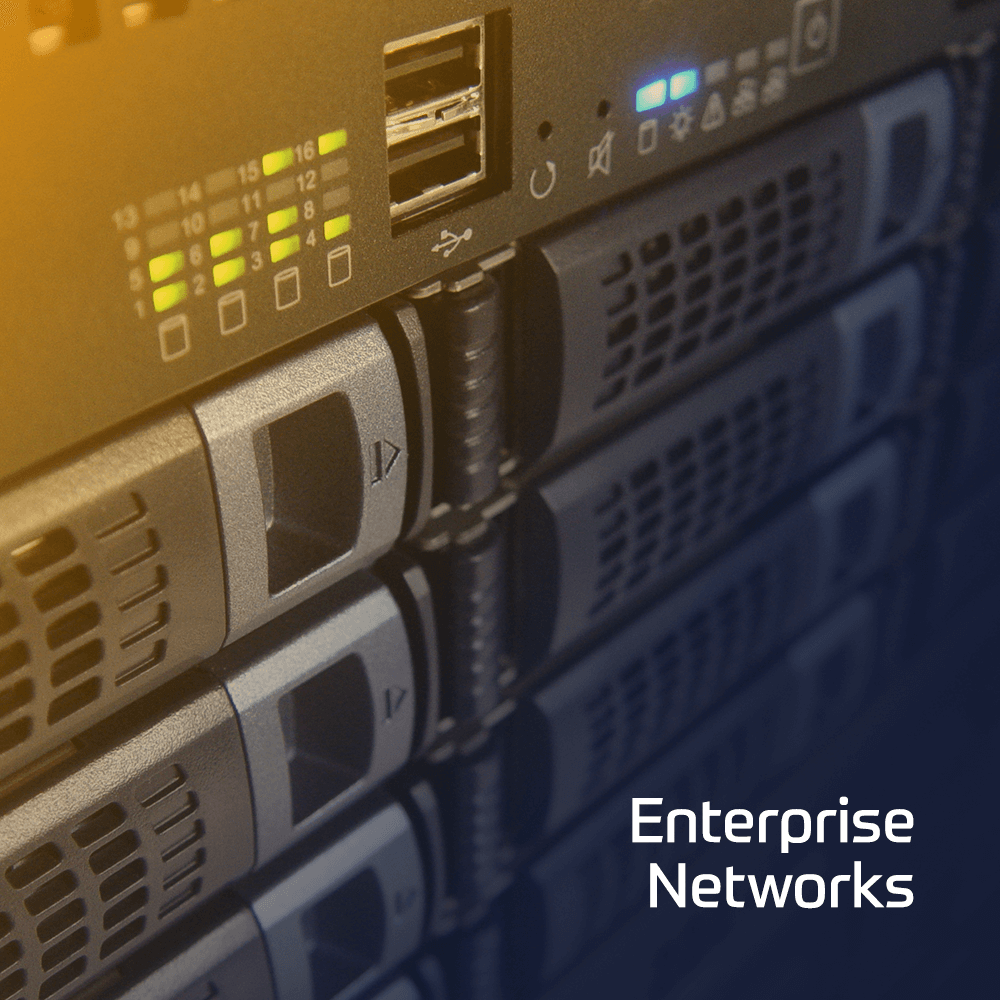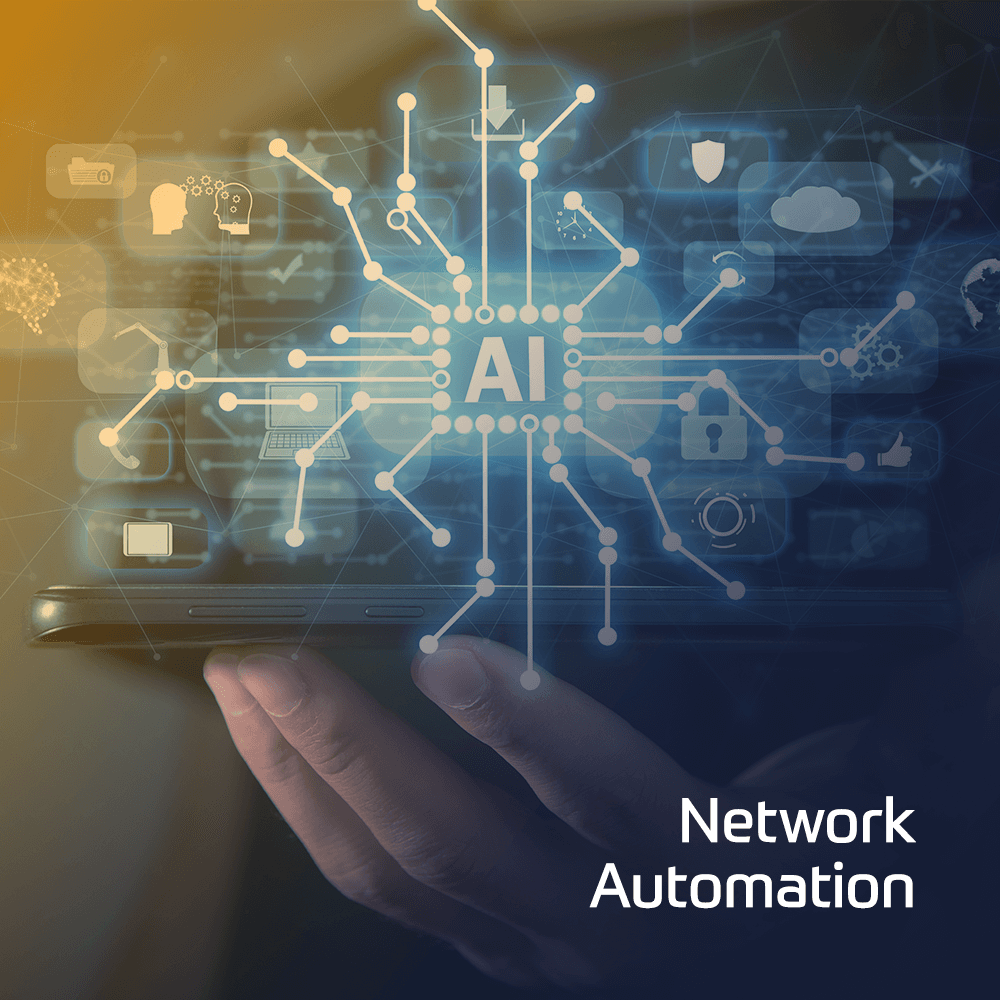Accelerate your Cisco skills
Continuous development is the key to transforming your IT career. As a Cisco learning partner, we prepare you for success with technology and certification training from Cisco. Insoft Services helps you develop your skill set and help your organization by building best-in-class Cisco solutions.
Unlock the possibilities with our learning portfolio. Choose your path DevNet, Enterprise, Collaboration, Data Center, Service Provider, and Security. Start with Cisco Associate, Specialist, Professional, and advance your career to the Expert level.
Insoft Services provides Cisco training across all certification paths and technologies. Having Cisco skills guarantees your success in networking, even as technology continues to evolve.


Insoft Services helps you achieve your desired certification faster

Cisco Certified System Instructors with industry knowledge

Our instructor-led courses can be virtually or in a classroom

 Finland
Finland Germany
Germany Denmark
Denmark Sweden
Sweden Italy
Italy Netherlands
Netherlands Norway
Norway 































